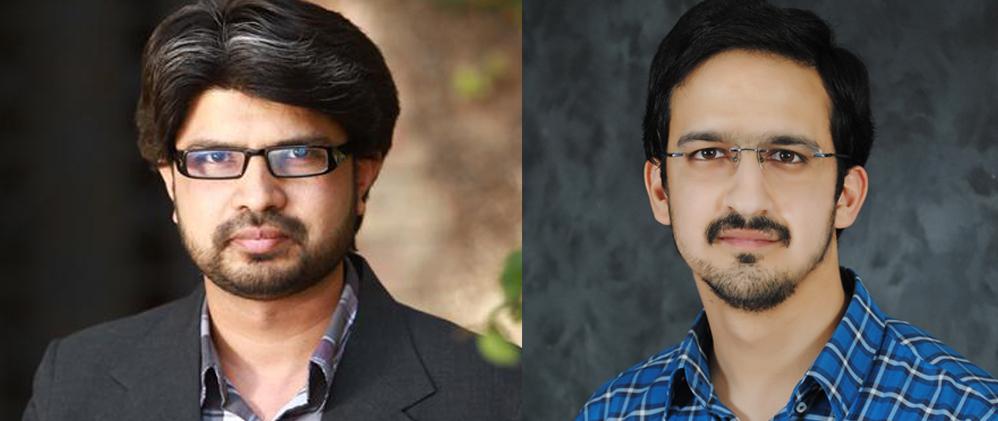Featured News
Most Popular
Top Rated
Dr Ijaz H. Naqvi wins US patent on advanced radar technology
Friday, 31 July 2015 22:43

Electrical Engineering faculty, Dr. Ijaz Haider Naqvi and his PhD student Faran Awais Butt, together with another gentleman, Ali Imran from Wah Cantt., have won a US patent on their research related to ECCM technique, which nullifies the effect of jamming on ground-based radars and hence detects the true location of targets. This is the first ever US patent on Electronic Warfare from Pakistan. The patent was issued on June 30, 2015. Dr. Ijaz Haider belongs to the 40th Entry and was in Jinnah Wing.
Electronic Counter - Counter Measure (ECCM) is the advanced radar technology aimed at thwarting the attempts to disturb the normal working of radar, usually referred to as Electronic Counter Measure (ECM). ECCM technology overcomes or prevents the ECM technology.
The work is based on Faran’s MS thesis entitled “Electronic Counter-Countermeasures (ECCM) of Radars” that he completed in 2012 at LUMS under the supervision of Dr. Ijaz Naqvi. The duo has proposed a novel configuration of mono-static and bi-static radars which are physically positioned in such a way that the transmitter, receiver and the target make a scalene triangle. They have assumed that there is mutual exchange of information between the two radar systems. The advantage of using such a scheme is that it requires a very low level of frequency agility and localizes the target in the presence of Velocity Gate Pull Off and Range Gate Pull Off (VGPO/RGPO). The idea is to prevent jamming of radars, utilising two radars located at a distance to prevent both velocity and range gate pull offs. In the proposed solution, bi-static radars are used in combination with the mono-static radars to mitigate the ECM effects of deception jamming.
In addition to working out solutions to counter effects of ECM, Dr. Naqvi and Faran have also been working on solutions, which can counter the low observability of stealth targets. They have multiple joint publications related to Radar Electronic Warfare, which have been presented at different conferences held in China, Poland, Turkey, Ukraine and Czech Republic. Last year, their paper was the sole paper from Pakistan that published in International Radar Symposium, which was held in Poland.


















































